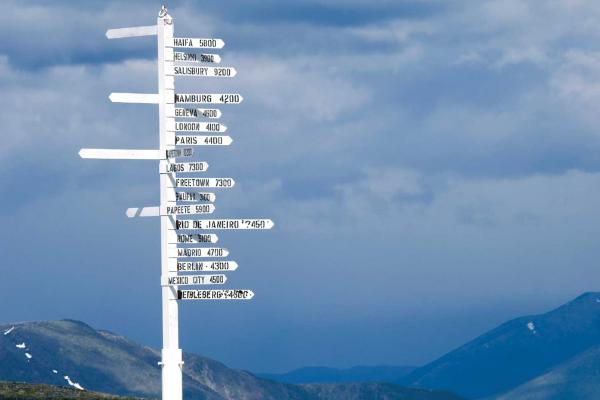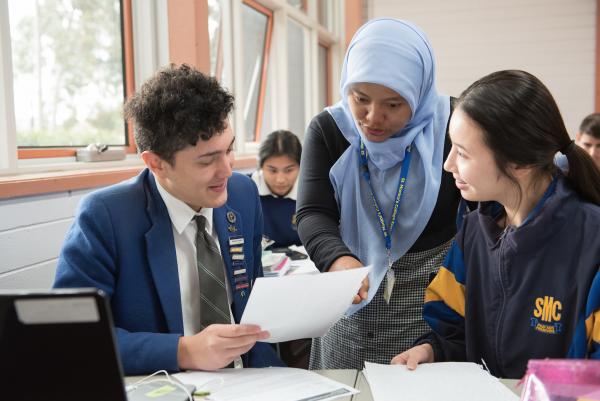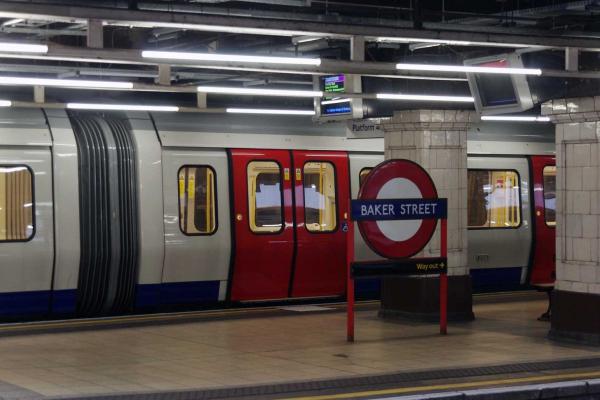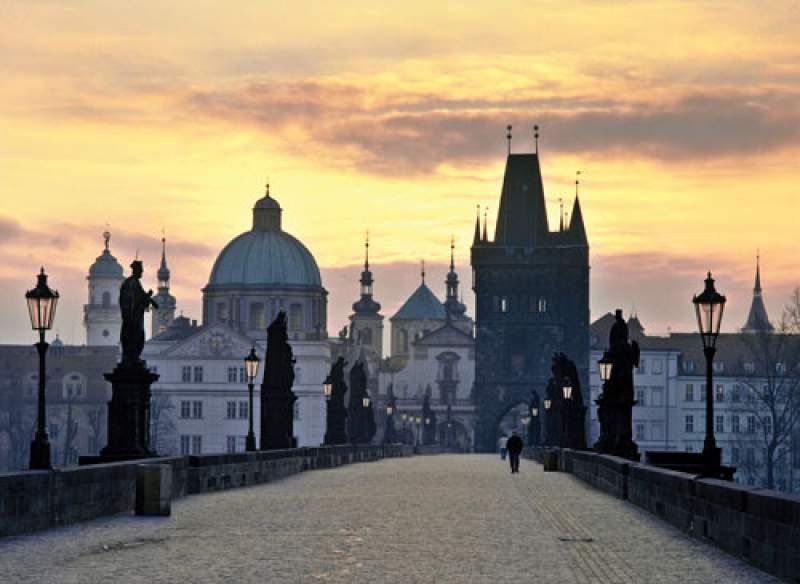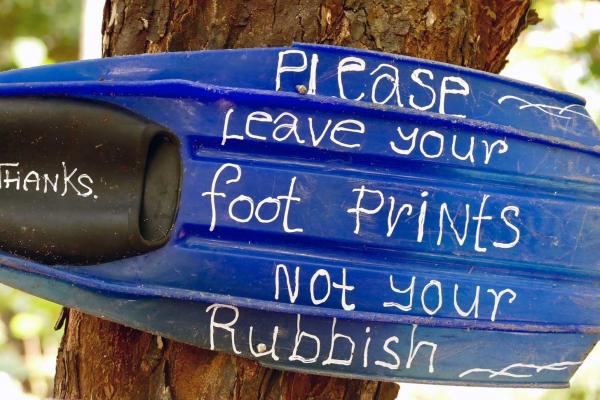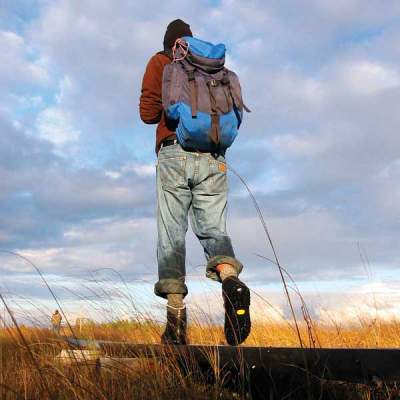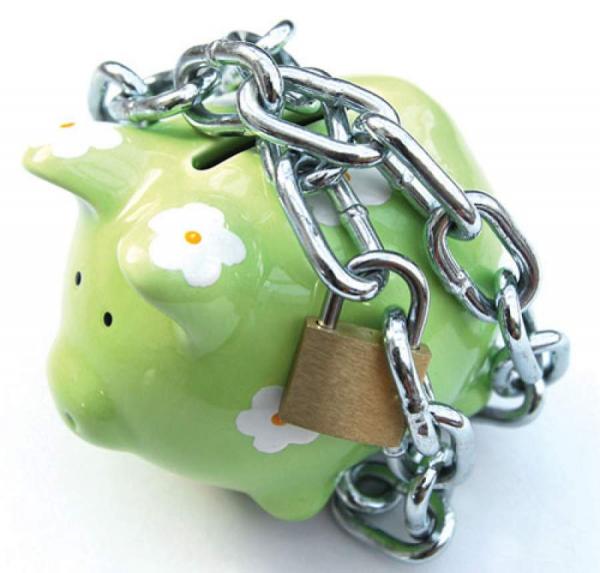Burma is a little-known country sandwiched between the Indian subcontinent and the rest of South-East Asia. It is a predominantly rural, agricultural country rich in natural resources. Burma is perhaps best known for Nobel Peace Prize laureate Aung San Suu Kyi, head of the exiled National League for Democracy (NLD) party. Suu Kyi led her party to a landslide victory in democratic elections in 1990, only to have the ruling military regime refuse to acknowledge the election results. She remains under house arrest in the capital, Rangoon.
The brutal military junta that dethroned Suu Kyi and her party still maintains a tight grip on the country. Since seizing power, the unapologetic dictatorship, self-named State Law and Order Restoration Council (renamed the State Peace and Development Council in 1997) has curbed the rights and freedoms of its citizens and continues to quash any attempt at participative government.
A resource-rich country with forests, agriculture and offshore oil and gas reserves, Burma was once the world's largest exporter of rice. Today, instead, it is the world's second largest producer of illicit opium (Afghanistan is the first).
Profits from opium and oil have allowed those in power to reject the international community's offers of aid money in exchange for political reform. Fifteen years after seizing power, the regime remains defiant in the face of international sanctions.
British rule and independence
Britain invaded Burma in the early 1800s and after three Anglo-Burmese wars, spanning a period of 60 years, Burma was finally annexed as a province of British India in 1886.
The country's movement toward sovereignty gained momentum during the 1930s, led by Bogyake Aung San, father of Nobel laureate Aung San Suu Kyi. Aung San negotiated independence from Britain and drafted the country's new constitution. However, before he could take power, he and six members of his cabinet were assassinated by an internal opposition group.
Independence was finally granted in 1948, and a parliamentary democracy came into being under the leadership of U Nu. However, hopes of prosperity and harmony soon disintegrated into ethnic violence and economic decline, which continued over the next 14 years.
Dictatorship
In 1962, the government was overthrown in a military coup led by General Ne Win. Ne Win's military dictatorship ruled Burma for the next 26 years. The country was cut off from the outside world and the military's focus turned inward, to silence ethnic and communist opposition groups. There were no free elections, and the population was denied basic rights such as freedom of expression and association. Any opposition to the regime was crushed, and torture and political imprisonment were common.
Burma's economy crumbled under the dictatorship's "Burmese Way to Socialism," and by 1988 food shortages and general unrest fuelled widespread demonstrations. Clashes between pro-democracy demonstrators and the military saw thousands of unarmed protesters killed in a six-week period. The Hollywood movie Escape from Rangoon deals with this bloody period in Burma's history.
Opposition parties eventually united to form Aung San Suu Kyi's National League for Democracy (NLD). The military regime finally caved to public pressure to hold multi-party democratic elections but placed the NLD's charismatic leader under house arrest months before the elections.
Democratic elections were held in 1990, but the results were never honoured. The entrenched generals in Rangoon refused to relinquish power after the main opposition party - the NLD - won an overwhelming victory. Scores of NLD party members and supporters, including party leader Aung San Suu Kyi, were forced into exile or jailed.
Refusing exile, Aung San Suu Kyi remained under house arrest off and on from 1989 until 2002. She was imprisoned again in May 2003 and is currently under house arrest in Rangoon.
Today, the ruling State Peace and Development Council (SPDC), led by General Than Shwe, continues its campaign to stifle bids for independence by minority groups and to enforce national unity with an iron fist.
As recently as mid-February 2005, the regime came under fire from the UN after several pro-democracy leaders were arrested and pro-democracy groups representing ethnic groups throughout the country were banned from participating in Union Day activities.
Today (2005), the people of Burma, like their democratically elected leader Aung San Suu Kyi, wait patiently for justice and democracy to prevail in the country.
Read More:
What's in a Name?: Burma vs. Myanmar
Burma's Vital Statistics



